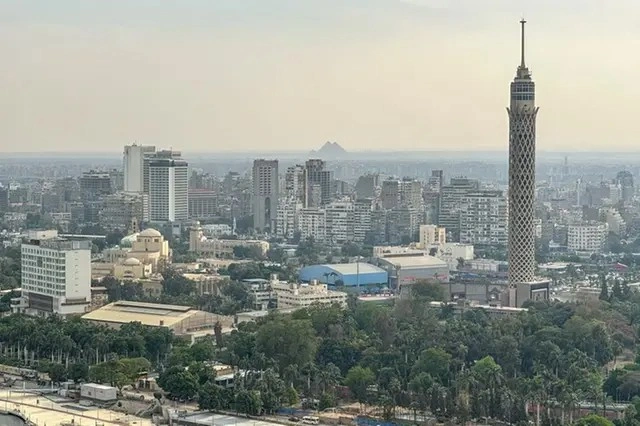Egypt is quickly positioning itself as a leader in Africa’s electronics manufacturing, driven by the Egypt Manufactures Electronics (EME) initiative. The country’s smartphone market has seen significant growth, spurred by government efforts to advance digital transformation and expand 4G and 5G networks.
Strategic partnerships with global electronics giants like LG, Samsung, and Haier have already boosted Egypt’s role in home appliance and TV manufacturing. Now, the country is shifting its focus to smartphone production, targeting collaborations with top Original Equipment Manufacturers (OEMs) to meet the increasing demand of its 104 million-strong population.
The local manufacturing of smartphones has attracted substantial foreign investment, with brands like Samsung, Xiaomi, and OPPO establishing production facilities in Egypt. Samsung, the market leader, has set up its own factories, while Xiaomi has partnered with a local distributor. These initiatives have created a strategic production hub, not only meeting local demand but also supporting exports.
Infinix, HMD, and iTel rely on third-party Electronics Manufacturing Services (EMS) providers, leveraging local expertise for their assembly processes. OPPO, after finalizing plans in 2022, has ramped up operations in its newly established factory. Meanwhile, Vivo also maintains a smaller local manufacturing presence.
These investments are generating thousands of direct and indirect jobs across Egypt, ranging from factory work to supply chain management and retail, bringing in essential capital, technology, and expertise. However, challenges remain, including infrastructure deficiencies, skills gaps, currency fluctuations, and logistical hurdles such as complex customs processes.
Despite these obstacles, Egypt’s rapid growth in smartphone manufacturing marks a significant step towards becoming a leading hub in the EMEA region.















